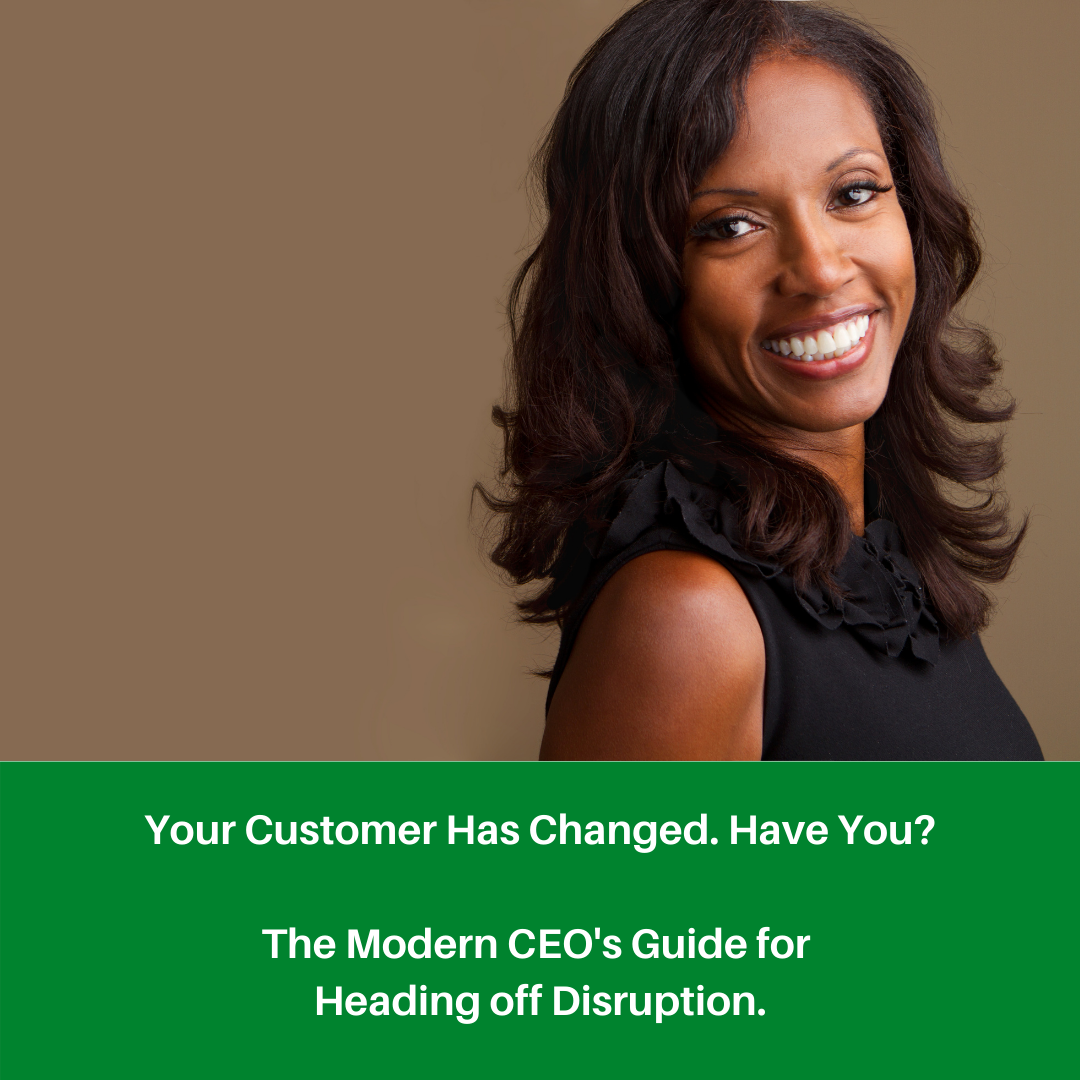Women-Owned Businesses are one of the best-kept secrets contributing to the U.S. economy’s growth. Before the pandemic, between 2014 and 2019, women founders represented 21% of the total of about 13 million businesses in the United States. As an employer, they generated 9.4M jobs, an increase of 21% or $1.9B in revenue.
Although the number of deals declined, fundraising remained flat at $22.7B because the average size deal increased by 4% to $8.4M.[1]
When comparing all-female founder median valuations to companies with a mix of male and female founders and all-male founders, all-female founders saw a 16% decline in valuations in 2020.[2] Mixed company founders saw a 32% increase and all-male founded companies experienced a 100% increase in median valuations in 2020.[3] The question to ask is why are all-female founded companies valued less than their mixed and all-male counterparts in the middle stage?
What’s Behind This?
 In a Boston Consulting Group (BCG) analysis of women founders pitching for funding, they found women founders of startups:
In a Boston Consulting Group (BCG) analysis of women founders pitching for funding, they found women founders of startups:
- Received less funding from venture capitalists: $935K vs $2.12M for male founders
- Generated $730K in revenue vs $662K for male founders
- Returned 78 cents for each dollar of funding vs male founders returning 31 cents for each dollar of funding
What’s behind the difference? Often the reasons cited by many in the venture capital space focuses on:
- Educational background: Did you attend an ivy league school?
- Does the founder have an investment banking background?
- What’s your experience in the industry you’re building a business in?
However, when the BCG study controlled for education, the answer behind the numbers was gender.
Why Gender Matters?
Women-Owned businesses increased by 21%, representing about 13 million businesses in 2019. In comparison, Total of All Firms grew just 9%. For Women-Owned firms, total employment increased 8% vs 9% for Total of All Firms. Revenue for Women-Owned firms grew by 21% and 20% for Total of All Firms.
In her research, Dr. Dana Kanzu, a professor at the London School of Economics and a former woman founder, validated that finding as implicit gender bias. During pitch sessions, she found 67% of the questions venture capitalists asked male founders were promotion questions focused on to expand the business or tap into new clients. Of the questions women founders received, 66% of them were prevention questions, focused on how they were going to shore up the business and keep it alive.
Having experienced this as a founder, Kanzu also found confirmed that regardless of the venture capitalist’s gender, they consistently asked promotion questions of the male founders and prevention questions of women founders.
 The Missing Middle
The Missing Middle
Having worked in the Women-Owned Business space for the past 10 years, I recognize the challenges are much more serious, especially with over 2.3 million women having left the workforce in 2020, representing 53% of the workforce exits. The issues missing middle women founders face persist:
- 42% of women founders are using credit cards to fund their growth vs 39% of male founders
- 31% of women get the funding when they pursue it
- 53% of PhDs are awarded to women scientists, yet 12% are commercializing their research (patenting)
- Series B stage women founders are getting less funding than early and late-stage founders.[4]
As the US economy is revitalizing, how do we address the missing middle? What new solutions are required beyond just increasing the number of women venture capitalists, addressing gender bias, and the funding challenges?
 If you’re a Woman Founder raising funding for your business, we’d like to talk with you about the transformational strategies you’re using to raise funding and lead your organization.
If you’re a Woman Founder raising funding for your business, we’d like to talk with you about the transformational strategies you’re using to raise funding and lead your organization.
[1] Pitchbook-NVCA Venture Monitor, 1Q2021, Page 22.
[2] Ibid, Page 23.
[3] Ibid.
[4] Ibid.



You must be logged in to post a comment.